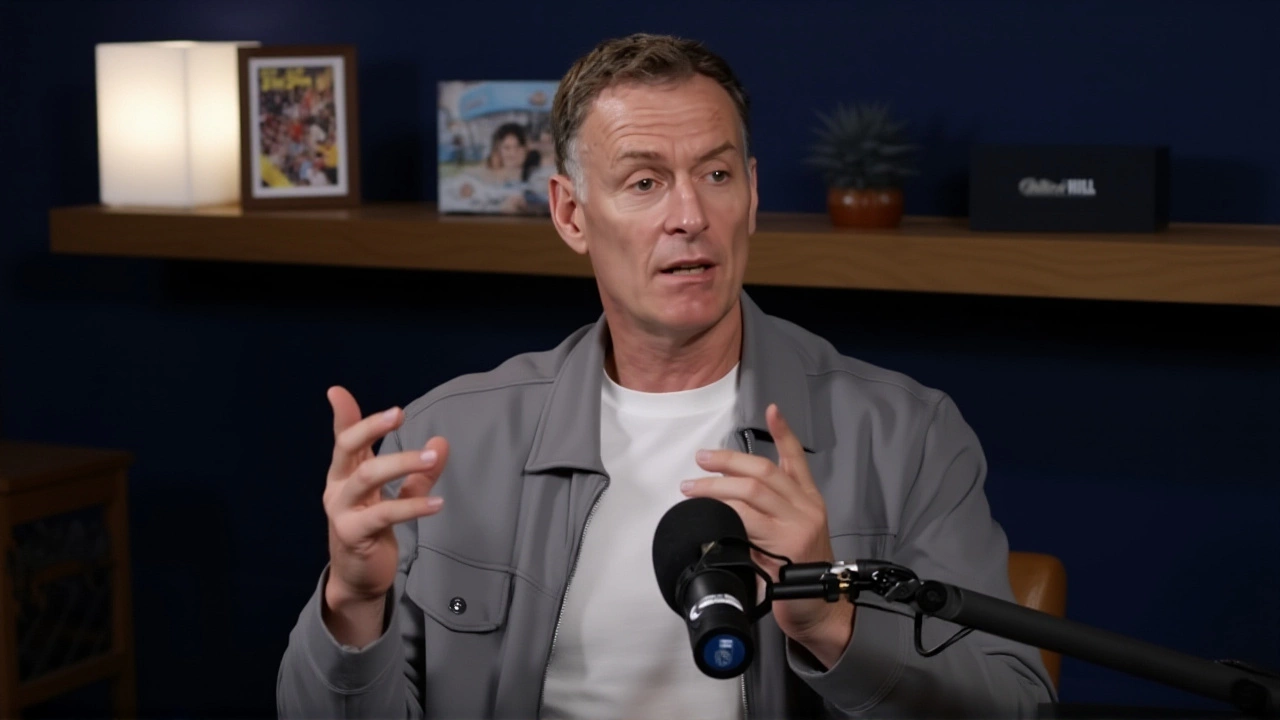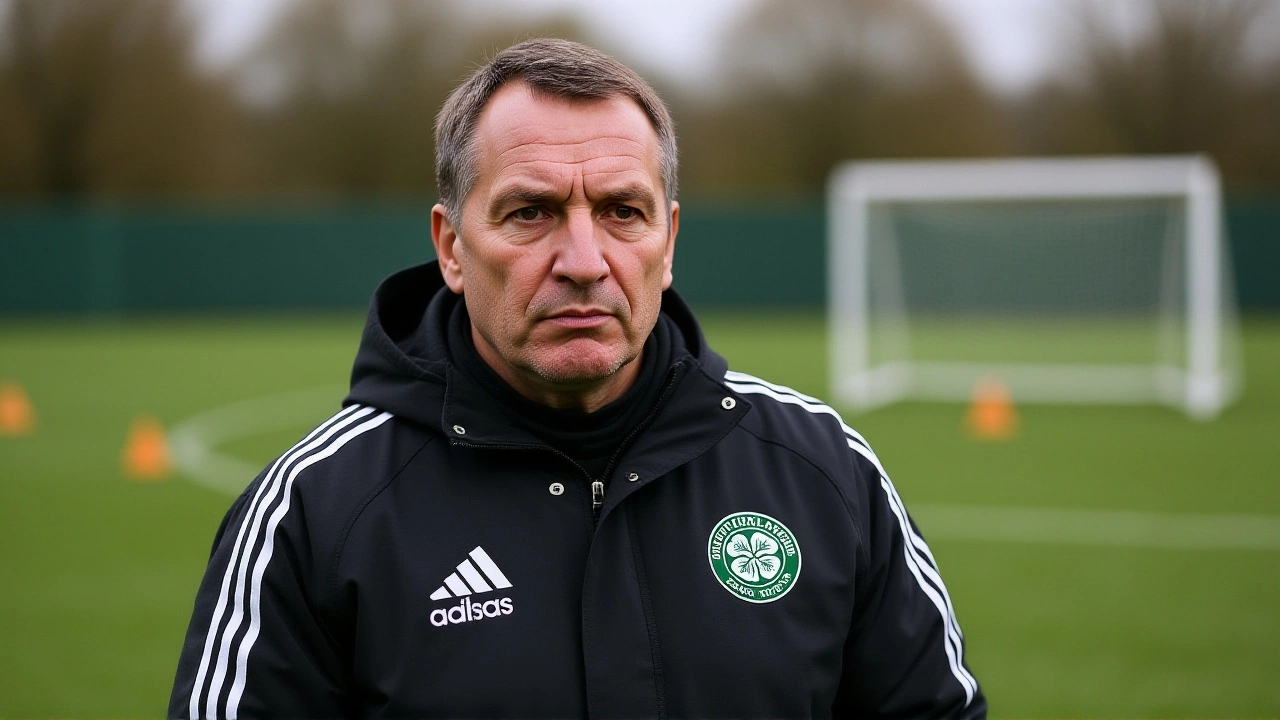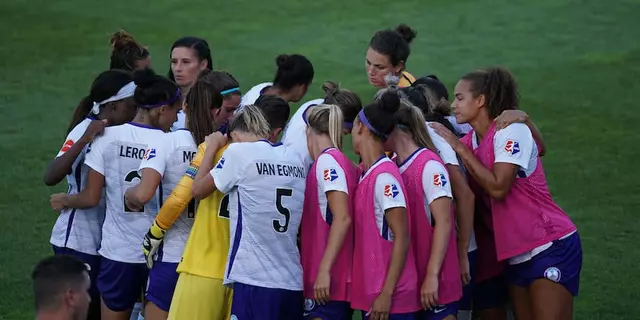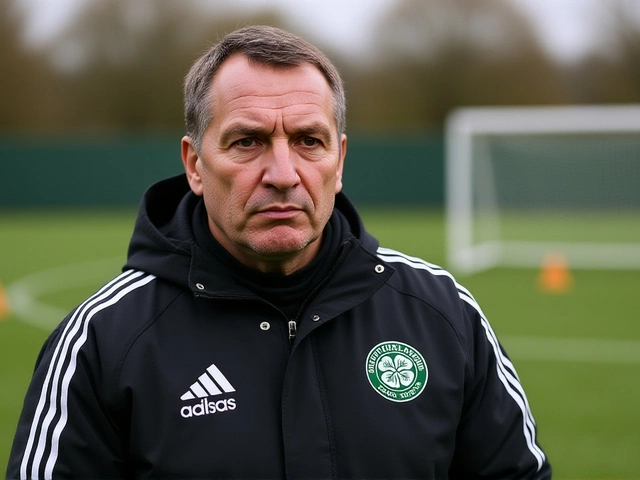Brendan Rodgers quits Celtic amid claims of toxic culture after Hearts defeat
When Brendan Rodgers walked out of Celtic Park on Monday morning, he didn’t just leave a job — he walked away from a club in crisis. The Northern Irish manager, 52, resigned with immediate effect on October 27, 2025, just hours after Celtic Football Club lost 3-1 to Heart of Midlothian Football Club at Tynecastle Park in Edinburgh. That defeat left Celtic eight points behind league leaders Hearts, with the title race all but over and tensions inside the club boiling over. The official statement from Celtic was polite, even grateful — but behind closed doors, according to The Daily Telegraph, the ownership was furious. They accused Rodgers of creating a toxic culture. Not poor results. Not tactical missteps. A toxic culture.
From Triumph to Turmoil
Rodgers’ second spell at Celtic began with promise. He returned on June 12, 2023, replacing the wildly popular Ange Postecoglou, with a mandate to restore dominance. He’d already won seven trophies in his first stint (2016–2019), including three straight league titles. But this time, the magic faded. Inconsistent performances, defensive frailties, and a growing disconnect between players and staff became impossible to ignore. The 3-1 loss to Hearts — a team Celtic had routinely beaten — was the final straw. Fans didn’t just boo; they chanted for change. Inside the dressing room, whispers turned to open arguments. One source close to the squad told a Scottish journalist: "It’s not about tactics anymore. It’s about who’s talking to who — and who’s being left out."The Toxic Culture Accusation
While Celtic’s official statement praised Rodgers’ "continued success," The Daily Telegraph reported a different narrative. The paper, citing anonymous sources within the club’s ownership, claimed Rodgers had fostered an environment where dissent was silenced and loyalty was demanded over performance. The accusation wasn’t made public — but it was passed along to senior staff, then to the board. "It’s not about winning or losing," one insider said. "It’s about respect. And that’s gone." The timing was damning. Just weeks earlier, a senior player had reportedly refused to train after a public dressing-down. Another had been benched for "attitude issues" — a phrase that now echoes across Scottish football. Rodgers, known for his meticulous man-management in his Liverpool days, appeared to have lost his touch. The contrast with his earlier success couldn’t be starker. Back then, he built a team that played with joy. Now, players looked drained. The club’s own statement — "Celtic is greater than any one person" — felt less like a slogan and more like a plea.Enter O’Neill and Maloney: The Emergency Team
Celtic didn’t waste time. By noon, they announced Sir Martin O’Neill, 73, and Shaun Maloney, 42, would take interim charge. O’Neill, knighted in 2023, managed Celtic from 2000 to 2005, winning three league titles and three Scottish Cups. He’s a legend — calm, respected, and unflappable. Maloney, a former Celtic captain who scored 50 goals in 224 appearances, brings youth, energy, and a deep understanding of the club’s culture. Together, they’re the perfect antidote to what went wrong under Rodgers. "Who would have thought O’Neill would be back?" said Sky Sports reporter Gordon Duncan from Glasgow. "He’s got that rare thing — players listen to him. And Maloney? He knows what it means to wear that shirt. They’re not just coaches. They’re healers." Their first task: stabilize. Their first match: against St. Johnstone FC at McDiarmid Park on November 2, 2025. A win there isn’t just about points — it’s about restoring belief.
Why This Matters Beyond Glasgow
Celtic isn’t just another club. It’s a cultural institution. Founded in 1887 by Brother Walfrid to help Irish immigrants, its identity is tied to community, pride, and resilience. When the manager becomes the problem, the whole club shakes. This isn’t just about a league title — it’s about whether the club can still be what it claims to be. Rodgers’ departure marks the fifth managerial change since Neil Lennon left in 2021. That’s instability. That’s uncertainty. That’s a club losing its way. The fact that the ownership felt compelled to leak accusations of "toxic culture" suggests deep dysfunction — not just in tactics, but in leadership. Meanwhile, the Scottish Premiership is wide open. Hearts are flying. Rangers are breathing down their necks. And Celtic? They’re reeling. The interim team must act fast. No time for rebuilding. Just survival.What’s Next for Celtic?
The club says it’s "already interviewing candidates" for a permanent manager. Names being floated include Steven Gerrard (who’s been linked with a return to Scotland), Pedro Caixinha (ex-Rangers), and even former Celtic striker Leigh Griffiths — though he’s still in coaching development. Whoever gets the job will inherit a squad that’s physically tired, mentally fractured, and emotionally bruised. The club’s financial statements show record revenue — but that doesn’t fix morale. Ownership, led by Celtic Football Club PLC and CEO Dominic McKay, now faces a choice: rebuild with patience, or rush into a big-name hire that could backfire. One thing’s clear — they can’t afford another false start.Frequently Asked Questions
Why did Brendan Rodgers leave Celtic so suddenly?
Rodgers resigned immediately after a 3-1 loss to Hearts on October 26, 2025, which left Celtic eight points behind in the Scottish Premiership. While the club’s official statement cited mutual respect, The Daily Telegraph reported that ownership accused him of fostering a toxic culture — including player alienation and internal divisions. The defeat was the tipping point after months of inconsistent performances and growing unrest.
Who are Martin O’Neill and Shaun Maloney, and why were they chosen?
Martin O’Neill, a former Celtic manager (2000–2005) and 2023 knight, brings authority and a proven track record of winning trophies. Shaun Maloney, a club legend who played 224 games and scored 50 goals, understands Celtic’s culture and player dynamics. Together, they represent stability and emotional connection — exactly what the squad needs after Rodgers’ tenure.
How bad is Celtic’s position in the league?
After the October 26 loss to Hearts, Celtic sat eight points behind the league leaders with only 14 games remaining. That gap is nearly impossible to close without a dramatic turnaround — and even then, Hearts have momentum. Rangers are just three points behind Celtic, making a top-two finish critical for Champions League qualification.
Is this the end of Rodgers’ managerial career?
Not necessarily. Rodgers still has a strong reputation — he won the Premier League with Leicester in 2016 and has managed top clubs like Liverpool and Swansea. But this episode, especially the "toxic culture" accusation, may make English clubs hesitant. He’s more likely to land a role abroad or in a less pressurized domestic league before returning to the UK top flight.
What does this mean for Celtic’s future?
Celtic now faces its most critical period since the early 2000s. The interim team must stabilize results and morale quickly. The next permanent manager will need to rebuild trust — not just with players, but with fans. The club’s identity is at stake. If they rush into a big-name hire without addressing underlying issues, the cycle of instability could continue.
Has this happened before at Celtic?
Yes. In 2019, Rodgers’ first tenure ended abruptly after a poor run, though without public accusations. Postecoglou’s departure in 2021 was amicable. But never before has ownership leaked internal criticisms about a manager’s culture. This level of public fracture is unprecedented in the modern era — and it signals a deeper crisis of leadership.





